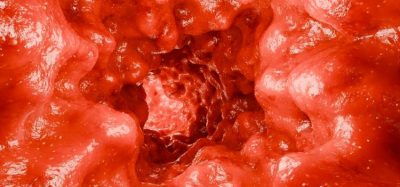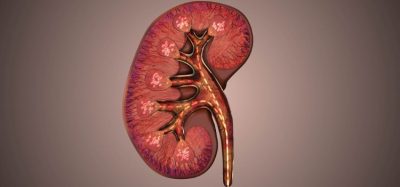Economic incentives and research quality – a letter to the editor
Posted: 29 August 2017 | Giovanni Di Guardo | No comments yet
Prof Giovanni Di Guardo, from the University of Teramo, suggests that economic incentives for publishing in high-profile Journals do not appear to hold the key to success


Dear Editor
The role played by monetary incentives as a powerful driver of the growth and qualitative improvement of the Scientific Community in the People’s Republic of China has been recently emphasised.¹ A similar approach, which apart from China is being followed by several other Countries like USA and the Czech Republic, is not applied in Italy, where no more than 1.3% of the ‘gross national product’ is devoted to public research funding on an yearly basis. Still in Italy, as in other European Union (EU) and extra-EU Countries, the limited money resources that are made available for public research funding frequently represent a serious hurdle also for coping with the publication-related costs of scientific articles in peer-reviewed Journals.
This generally insufficient funding of the Italian Scientific Community throughout many consecutive years is, undoubtedly, one of the main reasons underlying the “brain drain” dramatically experienced by Italian investigators during the last 25-30 years.
Notwithstanding the above, however, it should be also underlined that the results obtained in terms of scientific research quality and performance place Italy among the eight top-ranking Countries worldwide.
Therefore, at least in the “Italian experience”, economic incentives for publishing in high-profile Journals do not appear to be the “key of success”.
Yours sincerely.
Giovanni Di Guardo, DVM, Dipl. ECVP,
University of Teramo
Faculty of Veterinary Medicine
Località Piano d’Accio
64100 – TERAMO,
References
1. Abritis A, McCook A. & Retraction Watch. Cash incentives for papers go global. Science 357, 541, DOI: 10.1126/science.357.6351.541 (2017).
Conflict of interest statement
The author declares that no conflicts of interest of any kind exist in relation to the publication of this manuscript.









